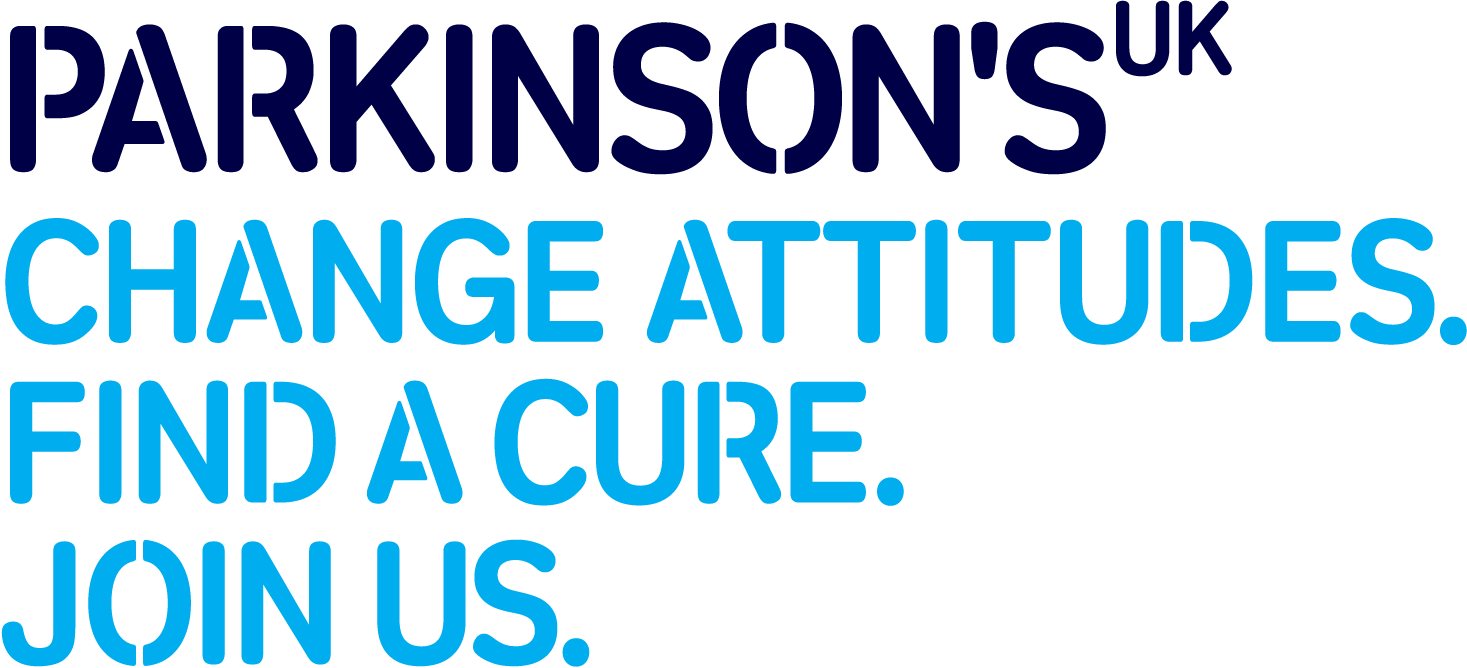http://www.jneurosci.org/content/31/19/6963.full
A diet on eicosanoyl-5-hydroxytryptamide has been shown to reduce misfolded alpha-synuclein in animals and improving motor performance. This component is supposed to be extracted from coffee.
I have a question to the research team: Does decafeinated coffee also contain eicosanoyl-5-hydroxytryptamide ? The problem is that my father (he has PD) doesn't tolerate cafeine very well. It drives him almost literally crazy. So he can't have regular coffee.
https://www.michaeljfox.org/foundation/grant-detail.php?grant_id=372
Publication Based on MJFF Funding:
Trinh, et al. 2010. Decaffeinated Coffee and Nicotine-Free Tobacco Provide Neuroprotection in Drosophila Models of Parkinson’s Disease through an NRF2-Dependent Mechanism. J Neurosci. 2010 Apr 21;30(16):5525-32.
So I guess there must be still something interesting present in decafeinated coffee.
Publication Based on MJFF Funding:
Trinh, et al. 2010. Decaffeinated Coffee and Nicotine-Free Tobacco Provide Neuroprotection in Drosophila Models of Parkinson’s Disease through an NRF2-Dependent Mechanism. J Neurosci. 2010 Apr 21;30(16):5525-32.
So I guess there must be still something interesting present in decafeinated coffee.
thanks for the links mr x.
according to my dodgy calculations, to get as much of this chemical from coffee as these mice were given would mean consuming 2kg of coffee per day.
thats enough to make anyone a little wired!
according to my dodgy calculations, to get as much of this chemical from coffee as these mice were given would mean consuming 2kg of coffee per day.
thats enough to make anyone a little wired!
You are right. But this is just a desperate attempt of mine to try something.
i'll have a very large latte.
i'm all for desperate attempts.
i'm all for desperate attempts.
